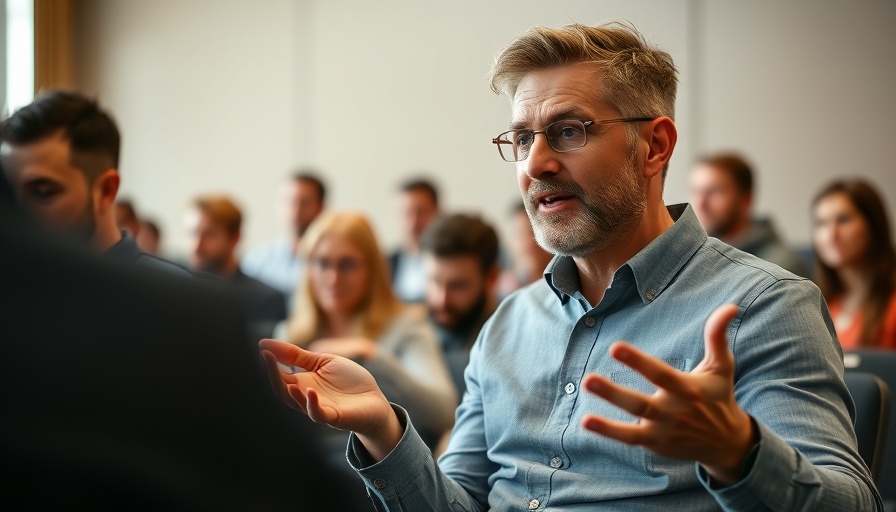
The AI Revolution and Its Impact on Copyright Struggles
The recent surge of AI-generated art mimicking the beloved styles of animation studios like Studio Ghibli poses significant legal and ethical challenges. OpenAI’s introduction of the GPT-4o image generator has led to a flurry of social media creations, showing everything from Studio Ghibli-themed depictions of political leaders to beloved pop-culture icons. This development isn't just amusing; it raises pressing questions about intellectual property rights in an era where AI ceaselessly recreates existing styles and aesthetics.
Understanding the Copyright Grey Area
As highlighted by legal experts like Evan Brown, products like GPT-4o operate in a complex legal landscape. While the styles themselves are not protected by copyright, there are growing concerns about the implications of AI training on copyrighted works. Cases against OpenAI have emerged, representing a larger, ongoing battle among AI developers and traditional content creators. What constitutes fair use is still being defined as courts grapple with older rules in modern contexts.
The Cultural Significance of AI Artistry
Beyond legality, there's a cultural discussion to be had: how does AI-generated art influence the original creators and their erasures from the artistic narrative? With OpenAI’s claims of respecting the styles of broader studios rather than individual artists, the ethics surrounding this practice merit scrutiny. AI tools may amplify creativity but can also undermine the artists who have developed those styles over decades.
Future Predictions: Navigating AI and Copyright
As AI continues to evolve, predictions abound regarding its relationship with copyright law. Will creative industries adapt to coexist with these technologies, or will we see a stronger pushback from artists and copyright stakeholders? The direction of this discourse will likely influence policy decisions and set important precedents in copyright and intellectual property law.
Engage in the Conversation
As we witness the intersection of technology and creativity, understanding these nuances becomes increasingly essential. I encourage readers, particularly those in entrepreneurial and artistic fields, to reflect on how AI-generated content might affect their work and rights. The future of creativity will undoubtedly be shaped by these ongoing discussions.
 Add Row
Add Row  Add
Add 




Write A Comment